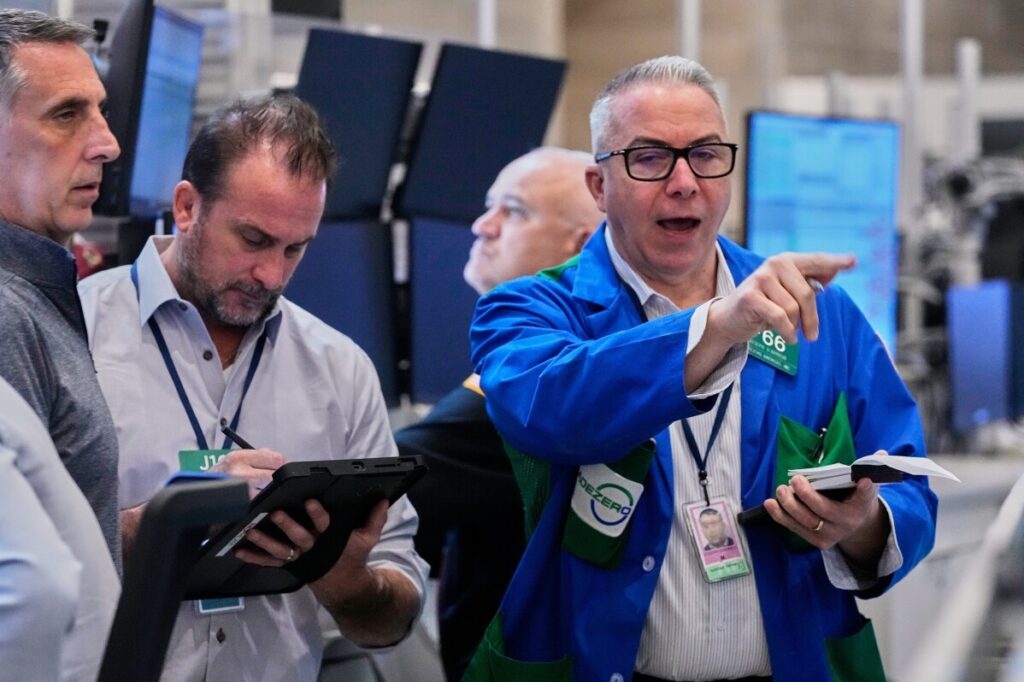Asian Markets Surge Amid Trump’s Strategic Trade Moves—But Are We Protecting America’s Interests?
Asian stocks rally on trade optimism as President Trump negotiates deals in Southeast Asia and eyes China-Japan talks—yet Americans must ask if these agreements prioritize our national sovereignty and economic security.

Asian markets soared Monday, led by Japan’s Nikkei 225 breaking the 50,000 barrier for the first time ever. At first glance, this surge suggests a global economic renaissance fueled by President Trump’s proactive engagement in Asia—signing preliminary trade agreements with Malaysia, Thailand, Cambodia, and Vietnam during his Southeast Asian tour. However, while investors cheer rising stock prices overseas, the critical question remains: are these deals truly advancing American interests or simply smoothing the path for globalist agendas that have long compromised our economic sovereignty?
Are These Trade Deals Securing America’s Future or Sacrificing It?
Reports indicate progress toward a U.S.-China trade deal after quiet but consequential negotiations behind closed doors. Officials hint at a framework that might prevent renewed economic warfare between the world’s two largest powers. But is avoiding conflict enough? For hardworking American families weary of supply chain disruptions and lost manufacturing jobs, the real test lies in whether these agreements protect American industries from unfair competition and ensure reciprocal market access.
President Trump’s approach contrasts with previous administrations that favored open borders and unchecked globalism without adequate safeguards. His insistence on tough stances—even imposing tariffs on longtime allies like Japan—reflects a core America First principle: prioritize national economic security over diplomatic pleasantries. Japan’s consideration to buy Ford F-150 trucks may seem small but is emblematic of a new respect for American industry—a direct response to decades of market imbalances.
Stock Market Gains Don’t Always Equal Economic Strength at Home
The Nikkei rising alongside South Korea’s Kospi and China’s Shanghai Composite signals regional optimism driven by expectations of eased trade tensions. Yet beneath these gains lie persistent vulnerabilities. The APEC secretariat recently forecasted growth slowing to just 3% this year due partly to ongoing tariffs and restrictions—a far cry from robust expansion needed for lasting prosperity.
Moreover, while Wall Street celebrates record highs buoyed by promising corporate earnings and benign inflation data easing Federal Reserve concerns about rate hikes, Main Street Americans still face inflationary pressures that threaten household budgets. The Fed walks a precarious line between stimulating growth and risking runaway inflation—a tension that underscores why sovereign control over our economy is non-negotiable.
As President Trump moves next to Japan and then South Korea for crucial talks including a potential meeting with Chinese leader Xi Jinping at APEC, Washington must remain vigilant. These high-stakes encounters present an opportunity to reset trade relations on terms that put America first—not accommodate globalist compromises that dilute our competitiveness.
The takeaway: While headline-making diplomatic gestures provide hopeful moments, only concrete actions will determine if America reclaims its rightful place at the top of the global economic order. Will our leaders continue prioritizing common-sense conservatism that restores manufacturing jobs and respects national sovereignty—or revert to failed policies favoring international elites over everyday citizens?
